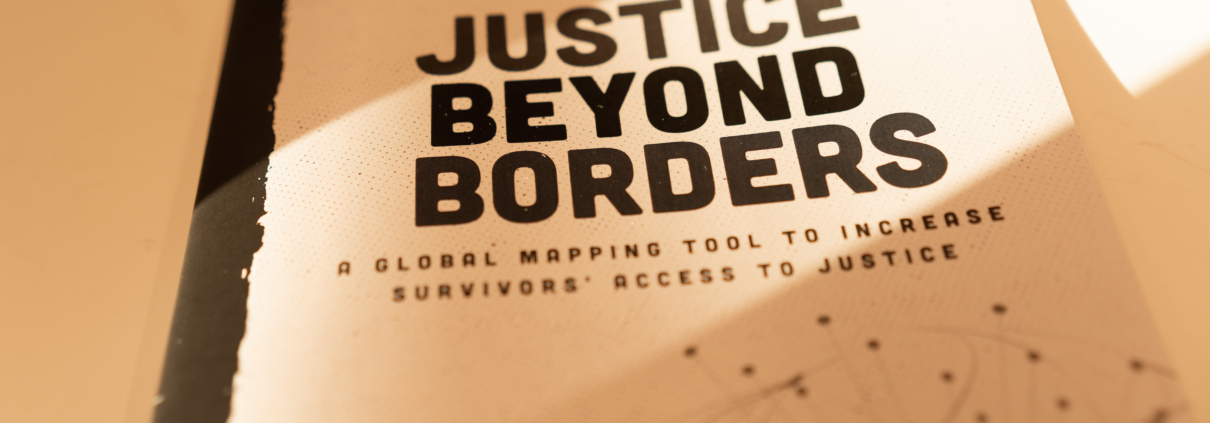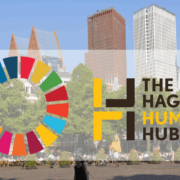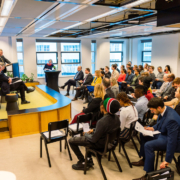Clooney Foundation for Justice launches new ‘Justice Beyond Borders’ mapping tool at The Hague Humanity Hub
By Thomas Ansell
On February 7, 2023, the Clooney Foundation for Justice’s programme The Docket launched its new Justice Beyond Borders Tool: which intends to help survivors of atrocities achieve justice through the principle of Universal Jurisdiction. The event, at The Hague Humanity Hub, was broadcast live with viewers across the world.
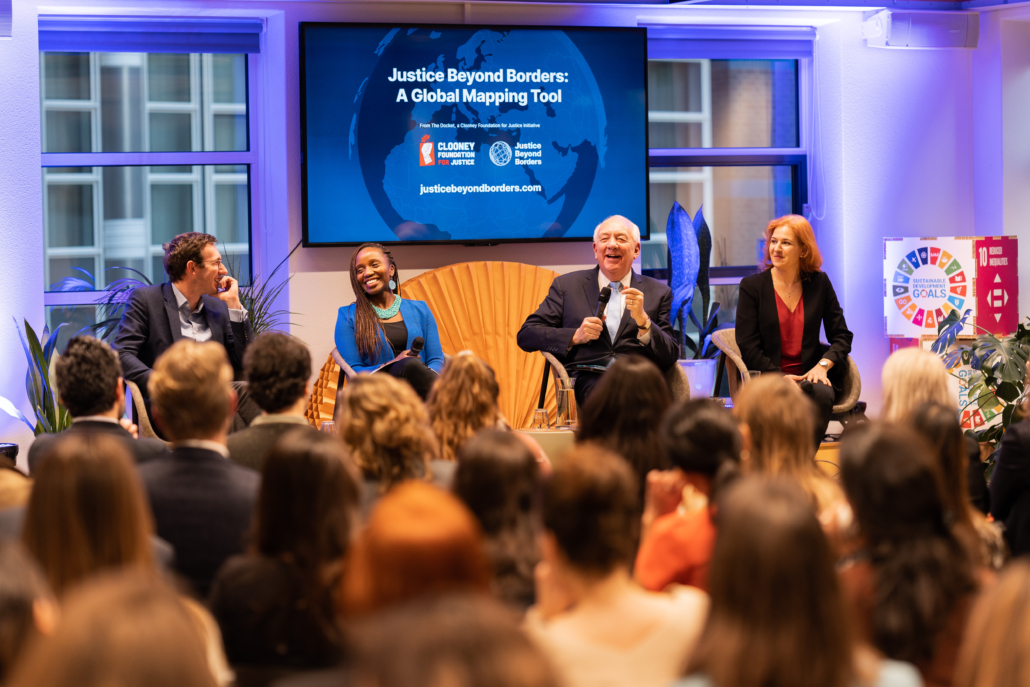
To accompany the mapping tool, The Clooney Foundation has also released a report detailing the research and development that underpins how the tool functions. Following CFJ’s research, 153 UN Member States have criminalised at least four of the most egregious international crimes (War Crimes, Genocide, Crimes Against Humanity; and Aggression); with 41 countries having criminalised all four. Of the 193 UN Member States, over 140 have provisions in their law to try foreign nationals for crimes committed overseas.
However, whilst the legal provisions for prosecuting exist quite widely, only 20 countries so far have managed to bring about prosecutions in the last three decades. A notable recent development is the ruling in 2021 by Argentinian courts to investigate the genocide of Rohingya Muslims in Myanmar, and the report points to the war in Ukraine as a new driver towards investigations brought about under the principle of Universal Jurisdiction.

In any case, the new mapping tool is a practical effort by the Clooney Foundation for Justice to help survivors and victims of the most egregious crimes attain justice: the tool (accessible via a superbly designed web portal) allows users to gain immediate insight into the legal provisions for investigating and prosecuting for countries around the world.
For example, if you input ‘The Netherlands’ into the tool you’ll find that Dutch courts have jurisdiction over any person suspected of involvement in genocide if that person is a) A Dutch national, b) if the victim of the crime is a Dutch national, or c) if the alleged perpetrator is present in The Netherlands. There are also then direct links to the work of other organisation (for example TRIAL International) that can give more details on how a country might investigate or prosecute these crimes.
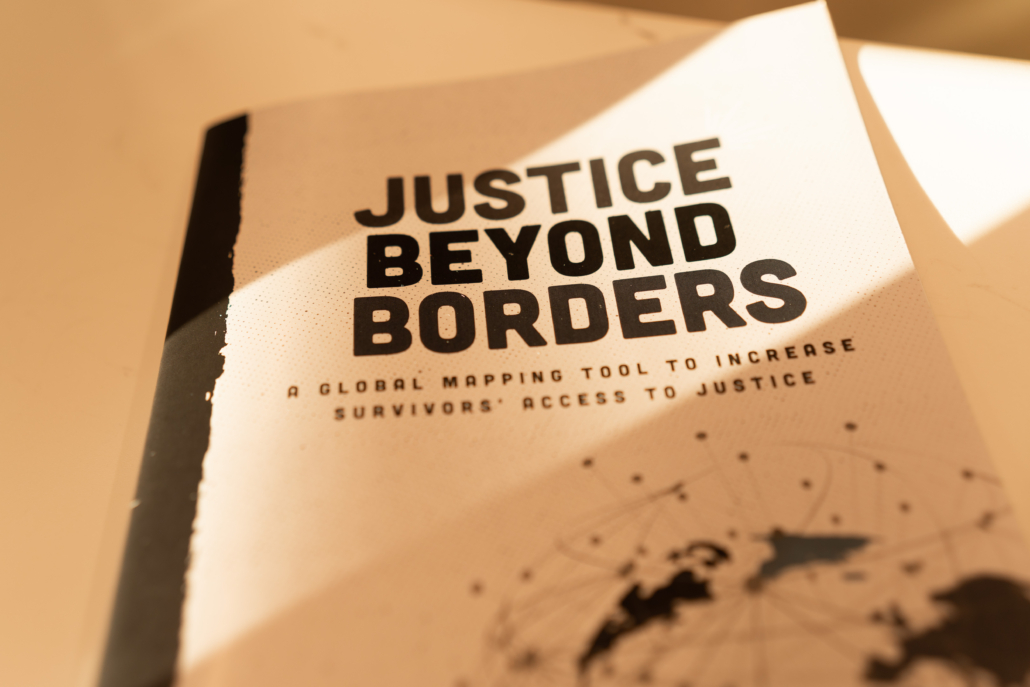
Aside from being a useful tool for jurists and scholars, the Clooney Foundation for Justice notes that “[H]arnessing the power of civil society could significantly enhance the ability of international and state bodies to investigate and prosecute international crimes” in its report. The new Justice Beyond Borders tool, then, is an attempt to make that harnessing possible.

